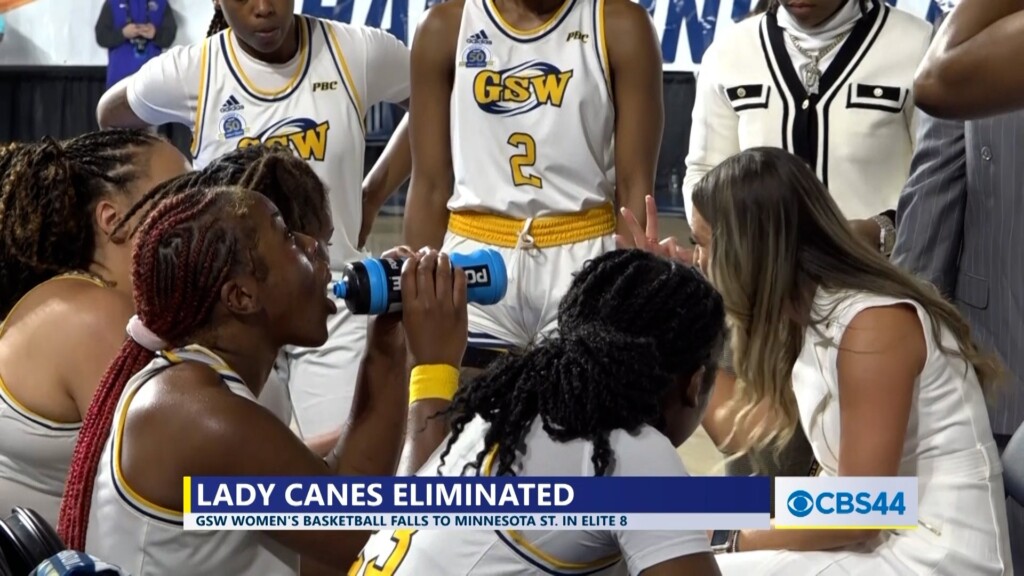Title IX: Then and now
Albany State's Darlene Moore sits down with sports director Reese Furlow to discuss the impact of Title IX 50 years later
Albany, Ga. – 1972 was a year to remember in sports. The Los Angeles Lakers won their sixth NBA Finals, their first in almost 20 years. The Miami Dolphins were on their way to be the ONLY team in NFL history, as it stands, to have an undefeated season, and tennis legend Billie Jean King would go on to win three grand slam titles.
And while King was dominating the tennis court, she would also be the voice for women’s rights in sports, which led to the “37 words that changed everything.”
“No person in the United States shall, on the basis of sex, be excluded from participation in, be denied the benefits of, or be subjected to discrimination under any education program or activity receiving Federal financial assistance.”
Thus, Title IX was born.
And before she was Albany State’s assistant athletic director for academics and compliance, Darlene Moore was just an elementary school student when she heard the news, but knew the benefits that would come when she decided to pick up sports.
“When I first heard about it, I was excited because I thought we would now have fair play, and we’d get the same opportunities as the young men,” Moore said. “As I got older, I saw it was taking place in a lot of areas like women being considered for certain jobs they wouldn’t have been considered for in the past. Now we’re having women golf teams, girls flag football, so we’re getting all the elements of the Title IX law.
“I can remember back in the days of going to elementary school as a student, and the boys would always get the best equipment … and the young ladies would be over there sitting or playing with tattered equipment. As the years have passed and as the decades have went on – with me being an educator – I have seen the equality for both genders now.
“And so throughout the last 50 years I have experienced the Title IX law as a student-athlete, as a college coach, and as a college administrator.”
40 years after the law went into effect, the NCAA noted that female participation in sports increased tenfold, with 47 percent of all Division I student-athletes being women.
The NCAA also mentioned in its report that 39 percent of female student-athletes in Division I are minority, which is the highest it has EVER been over the last 20 years, so does Moore think Title IX accomplished what it was supposed to?
“I feel like the Title IX law accomplished what it was supposed to, and it’s going to continue to get better,” Moore said. “I’m a college administrator at Albany State, and now you see more and more women as athletic directors, even in the Power 5 conferences like the SEC and ACC.
“The one thing that I would like to see more of is women coaching women’s sports. A lot of times we still have men coaching our women athletes. I feel we have a lot of qualified women coaches out here. … I feel like in the past you’ve always seen the men coaches, and a lot of the women weren’t coaching because of their duties for their homes and their family, and those that did coach, a lot of them got out because they wanted to start families. Now, the trend has changed, and now those women are available. I would like to see them get the opportunity.”
Three years ago, men coached 59 percent of women’s sports in college. Currently, women hold roughly a 4th of all NCAA coaching and athletic director positions, with 16 percent of those coaches being coaches of women’s teams.
But for Moore, she’s using her position to educate the female student-athletes at ASU to keep Title IX going strong.
“I talk with these female student athletes here. I want to make sure they are treated equally here and have the same opportunities as our male athletes here. I also look at our male athletes to make sure they’re being treated fairly as well.”
